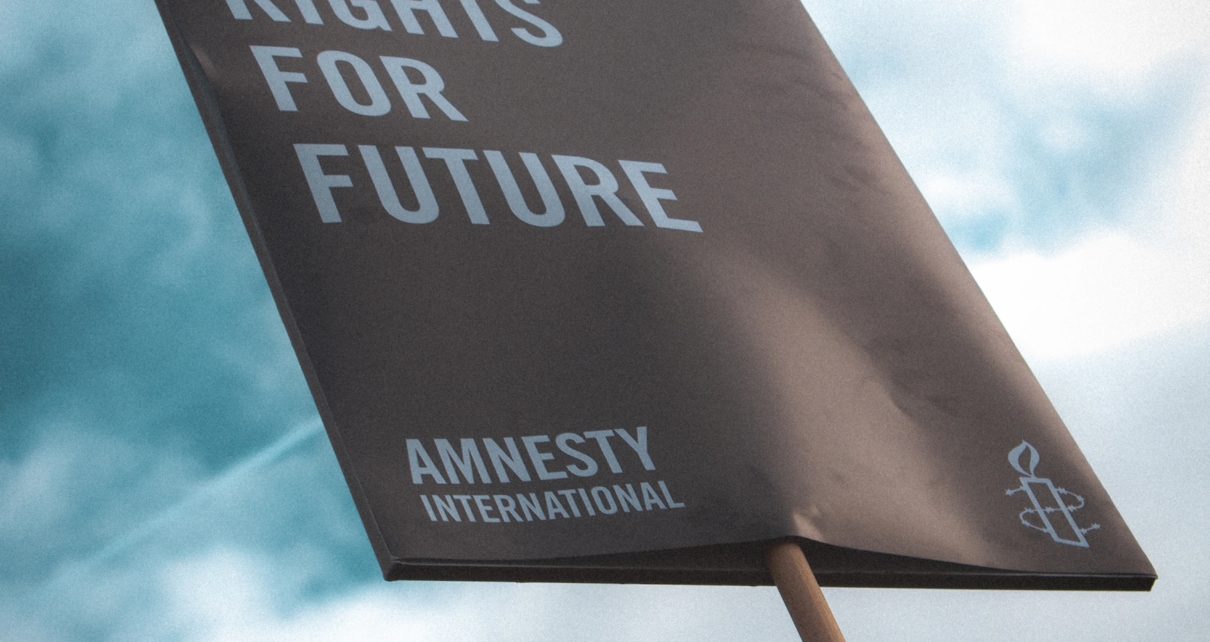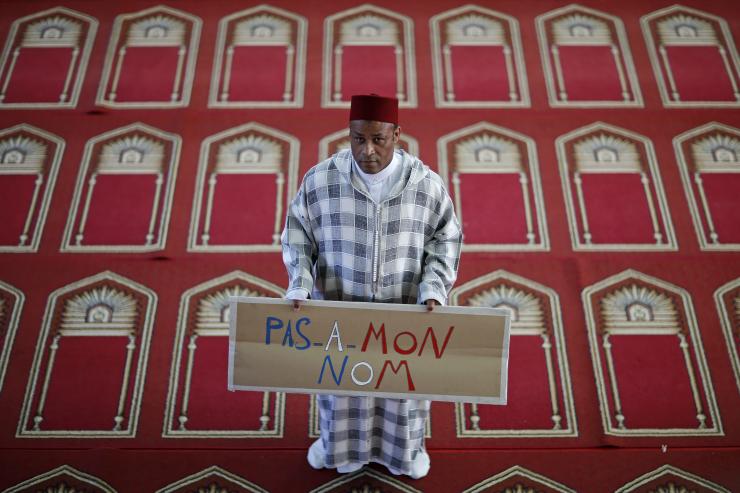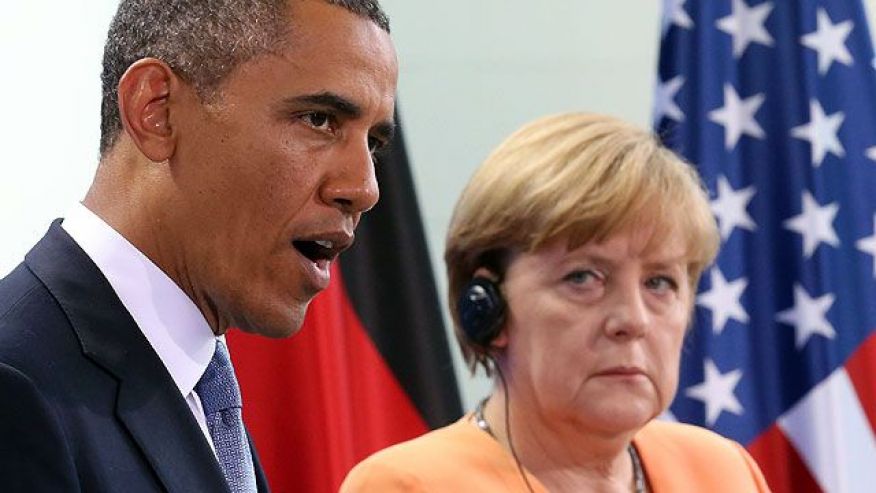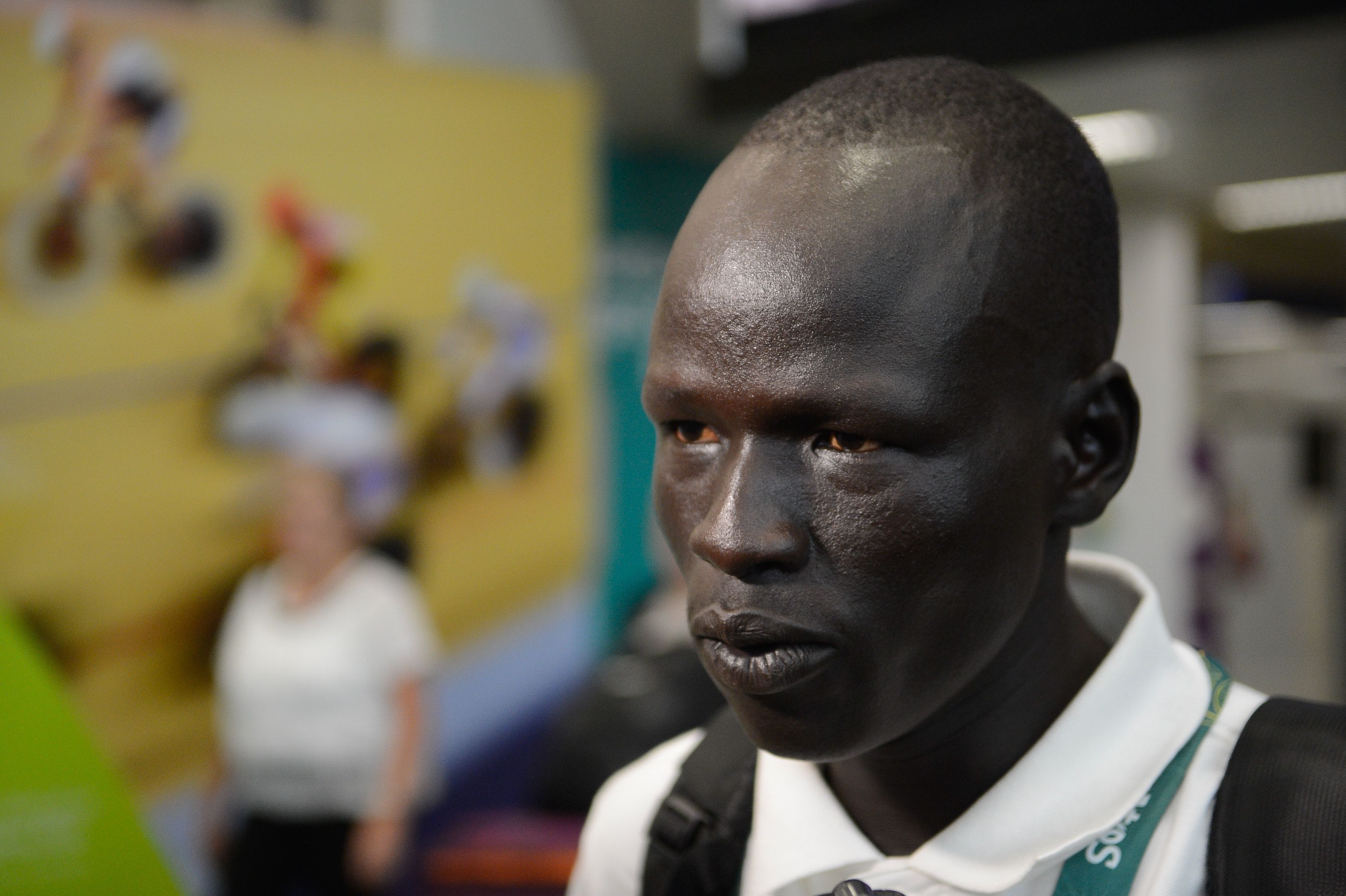Abstract: NATO’s recent discussion of arms control brings to light Canada’s role in the issue.
Last year, NATO and the UN took part in the Eighth Biennial Meeting of State Parties to discuss how to combat the illicit sale of arms. During the meeting, the Deputy Director of Arms Control Directorate at the Political Affairs and Security Policy Division at NATO Headquarters, Mrs. Eirini Lemos-Maniati, stated, concerning the Western Balkans region, that, “NATO’s approach is not only about destroying weapons, ammunitions and securing stockpiles but also about building sustainable institutional capacities and regulatory frameworks as these challenges require long-term solutions.”
NATO has long affirmed that it supports arms control, non-proliferation, and disarmament, and it has been partially successful in achieving these aims. As an example, NATO has reduced the number of nuclear weapons deployed in its defence by 90 percent, and has worked to combat the spread of small arms, as well.While this is a worthwhile goal for global security, NATO’s stated position may sometimes exist in tension with some of its member states’ policies.
A relevant example of the apparent cross-purposes of NATO disarmament goals and individual member states’ actions is Canada’s supply of arms to Saudi Arabia. To be clear, the action of selling arms does not equate to illicit action. However, in this case, the argument could be made that it is at odds with the spirit of arms control and disarmament. In 2021, the Canadian federal government approved a 12 billion dollar weapons deal with Saudi Arabia. Even if not necessarily problematic in its own right, Saudi Arabia’s actions in Yemen might make the transaction unethical. Since 2014, Houthi rebels in Yemen have been at war with the Saudi Arabian-backed government of President Abd-Rabbu Mansour Hadi. The conflict has resulted in one of the worst humanitarian crises of recent years, marked by famine and a death toll of at least 233,000 people.
Canada has come under scrutiny from organizations like Amnesty International, which assert that Canada has broken international law by continuing to sell arms to the Kingdom. The crux of this claim is that Canada has allegedly violated the 2019 Arms Trade Treaty. The text of that treaty, to which Canada is signatory, stipulates that while state parties have the international legal right to aquire and sell conventional arms for legitimate defence purposes, they are not permitted to sell weapons to an actor that will use them to perpetrate war crimes as defined by the Geneva Conventions of 1949.
Pressure had already been put on Prime Minister Justin Trudeau following the murder of Jamal Khashoggi in 2018 to abandon the arms deal with Saudi Arabia. At that time, the Canadian government suspended trade relations with the Kingdom. However, this suspension was lifted in 2020 amid alleged changes in policy relating to the trade of military goods. Such changes are detailed in a government report, “Final Report: Review of export permits to Saudi Arabia,” which advocates considering each deal on a case-by-case basis. The federal government would judge whether the sale of weapons whould contribute to serious violations of international humanitarian and human rights law. In the case of the Saudi deal, the report finds that there is no “substantial risk” that military goods would have specific negative consequences for human rights.
International agreements are challenging to navigate, with member states balancing competing interests, and Canada is not exceptional in respect to this conundrum. It is a self-proclaimed peaceful and equitable country which affirms the importance of arms control. Yet it also a founding member of NATO and supports a sovereign state’s use of military force for defensive purposes, a right protected by the UN Charter. The production of military hardware produces jobs for many Canadians, but it also helps to sustain worthy and just defensive efforts, like Ukraine’s resistance to Russian aggression. Yet Canada’s support for an autocratic country like Saudi Arabia that is contributing to a humanitarian crisis in Yemen is a reason for pause – perhaps even a reconsideration of its national values and international commitments.
Photo: “Human Rights for Future signage (2020), Christian Lue via Unsplash. Public Domain.
Disclaimer: Any views or opinions expressed in articles are solely those of the authors and do not necessarily represent the views of the NATO Association of Canada.




